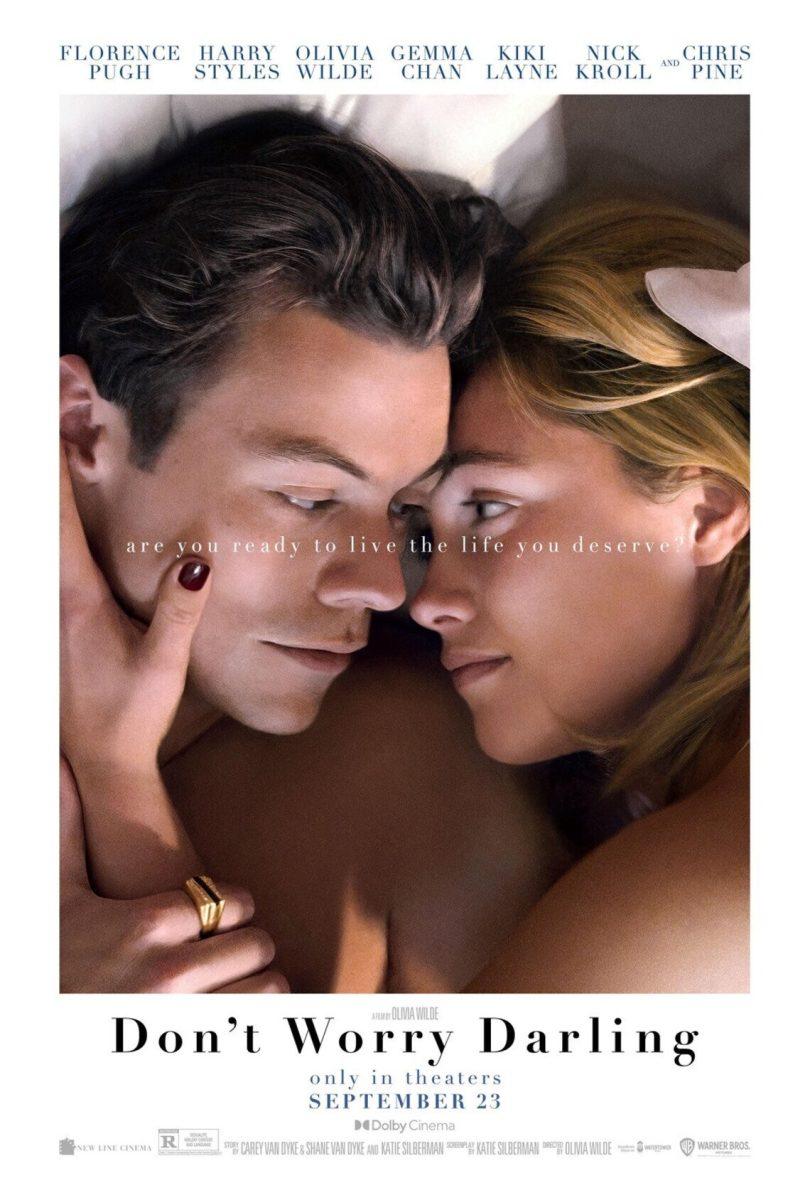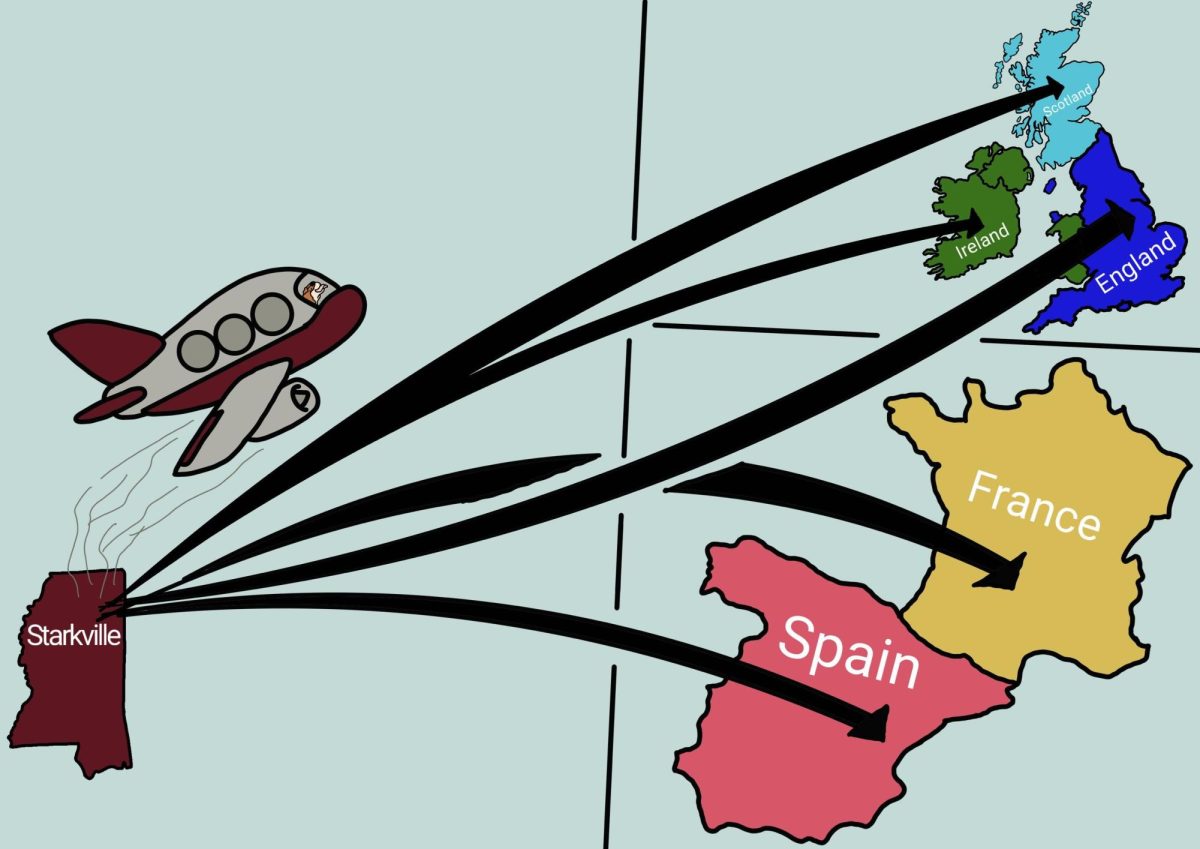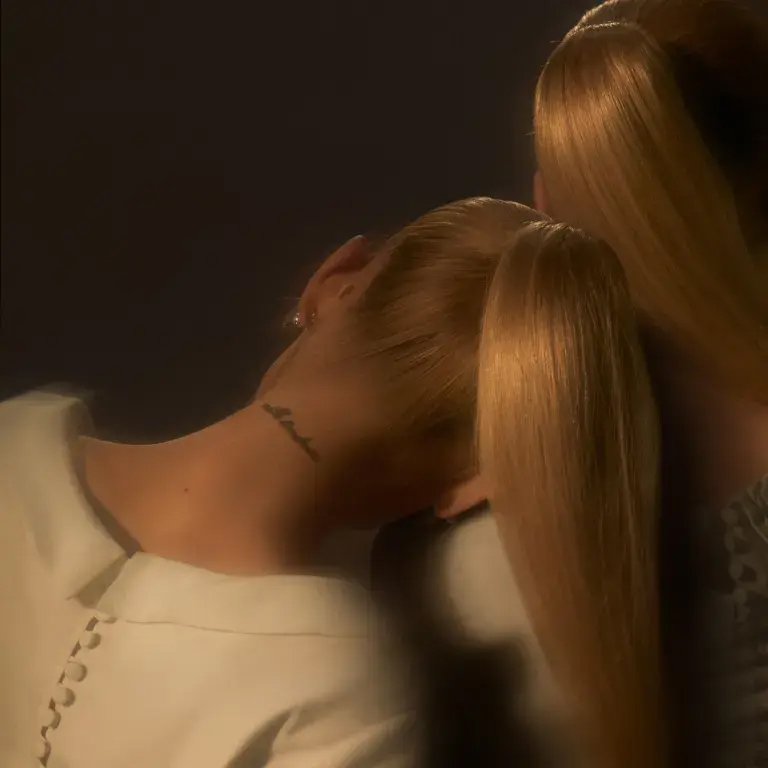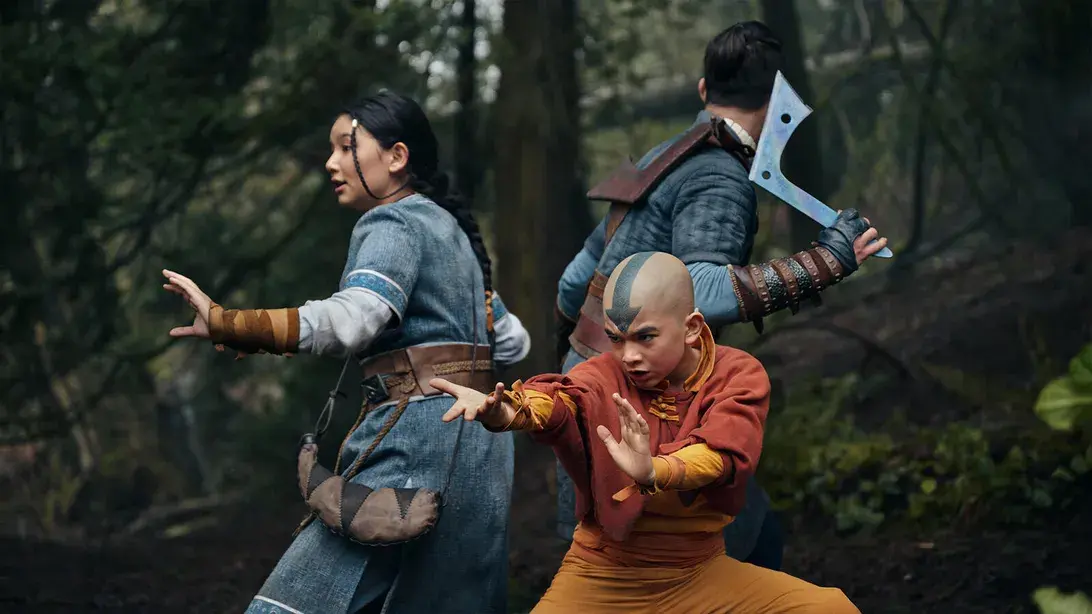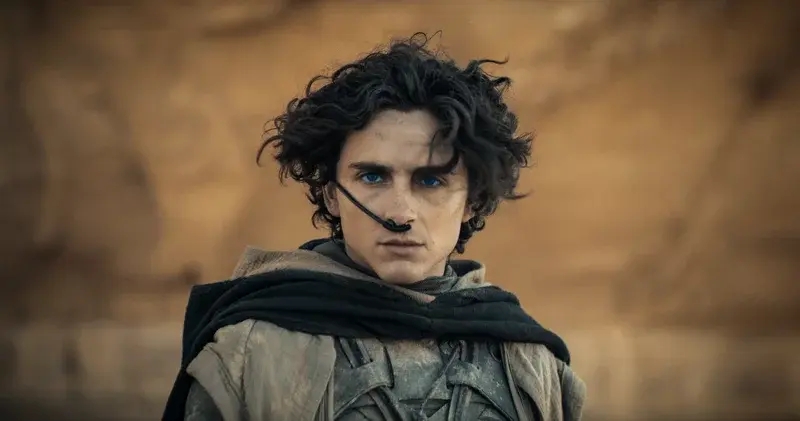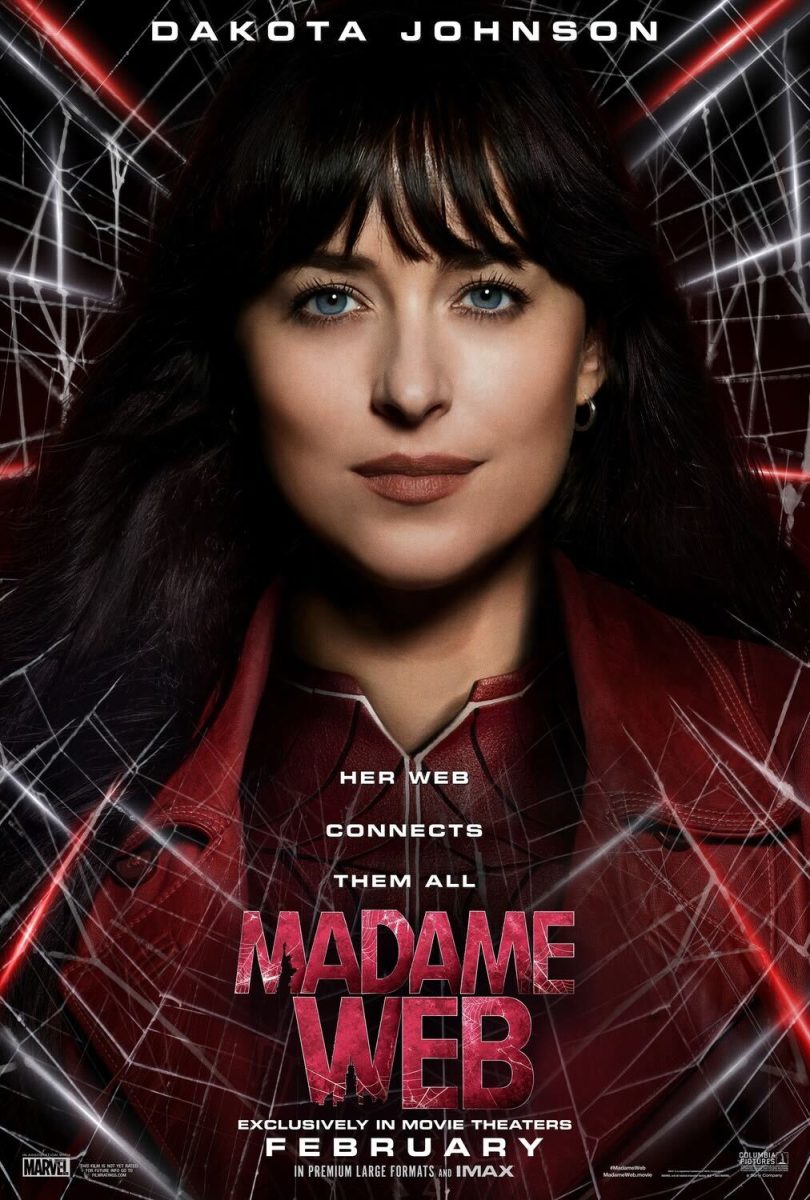For a film that has been riddled with internet gossip and controversies, “Don’t Worry Darling” failed to live up to its infamous publicity.
“Don’t Worry Darling” is the latest directorial feature from Olivia Wilde, riding off of the success of her 2019 directorial debut, “Booksmart.” The internet has been ablaze with rumors circulating about the film’s alleged behind-the-scenes feuds between Wilde and Florence Pugh and the speculated “spit” at the Venice Film Festival involving Chris Pine and Harry Styles.
Unlike its many controversies, “Don’t Worry Darling” is a bit easier to follow.
Set in the vibrant 1950s, “Don’t Worry Darling” follows Alice Chambers (Florence Pugh) and her husband Jack (Harry Styles) living in an isolated desert utopia known as Victory. Jack works for the Victory Project, a mysterious company run by Frank (Chris Pine), along with the other husbands in the utopian community.
Life is eerily picturesque in Victory. The wives of the community, adorned in their delicate 1950s dresses, act in complete symmetry by seeing their husbands off to work or dancing at ballet practice.
Most of the film relies on the connection that emerges between Alice and Margaret (KiKi Layne), an outcasted woman experiencing strange “hallucinations.” After the two unite over a shared experience, Alice begins to experience these same hallucinations, questioning the validity of her surrounding reality.
Symmetry and control emerge as a central theme throughout the film, excellently expressed through its cinematography and directing. In one memorable hallucination scene, Margaret manages to break Alice free of the symmetric ballet practice by appearing in place of Alice’s reflection in the ballet mirror.
The film is sprinkled with a few solid performances as well, namely from Pugh, who captures the audience’s attention effortlessly as a distressed housewife, and Pine’s charismatic and cunning Frank. Newcomer Sydney Chandler played Violet with such intrigue, but the faulting script failed to utilize her fresh talents.
Unfortunately, Styles’ star quality, which undeniably brought many fans to the theaters, is one of the film’s many letdowns. Styles gives a decent performance, but at times, the uninspired script calls for Styles to portray Jack dynamically. It became hard to separate the boyish charm of Styles from the complexities of the character, especially if other performances are a bit better.
To a keen eye, many of the film’s twists and themes are not as subtle as Wilde may hope them to be. The camera spelled out many characters’ contradictory decisions, with lingering close-up shots and zoom-ins before moments of betrayal, while most of Shelley (Gemma Chan) and Frank’s monologues detailed the film’s anti-patriarchal message.
The chemistry of the primary couple, Alice and Jack, is practically nonexistent throughout the movie. It mostly relied on overly drawn-out sex scenes that could have been exchanged for actual dialogue scenes. The inclusion and frequency of such scenes became an issue when the film’s emotional moments relied on the sincerity of the couple.
The biggest failure of the film happened during its climax. Characters become exaggerated, and each subsequent twist becomes more outrageous than the last. Even though it does not feel like a two hour long feature, the chaotic nature of the film’s final act felt like it overstayed its welcome.
Director Wilde tried and failed to convey a unique message in her latest film. Despite its colorful palette and dreamlike motifs, “Don’t Worry Darling” is yet another instance of a director’s sophomore slump.
Movie Review: ‘Don’t Worry Darling’ is something to worry about
“Don’t Worry Darling” was distributed by Warner Bros. Pictures in the U.S. on Sept. 23.
About the Contributor

Trey Barrett, Former Life & Entertainment Editor
Trey Barrett served as the Life & Entertainment Editor from 2022 to 2023.



















































































